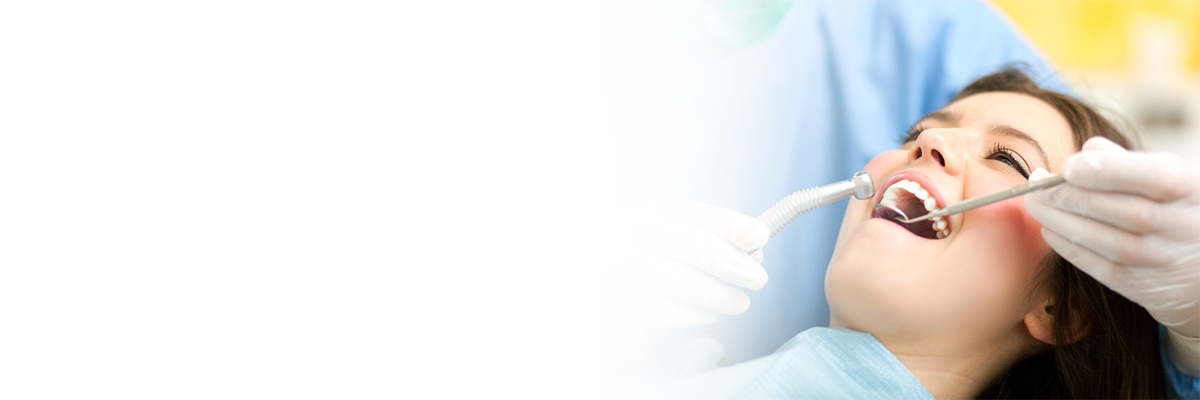
 Mr. Swapnil Bhowmick
Mr. Swapnil Bhowmick
Everything You Need to Know About Dental and Oral Health
Best Oral Practices for Healthy Teeth
Maintain your Dental Health
Dental health and hygiene is crucial for your social interactions, self confidence, and most importantly, healthy eating habits. This article delves into how to take care of your teeth for a better, smiling future.
1. Keep your Dental Health in check
To have healthy teeth, you must take care of them for the rest of your life. Even if you've been told that you have nice teeth, it's critical that you take the necessary steps to care for them and avoid problems on a daily basis. This includes using the proper oral care products and being aware of your daily habits.
2. Clean your Teeth
The manner in which you brush your teeth is equally important — in fact, doing a poor job of brushing your teeth is nearly as bad as not brushing at all. To remove plaque, take your time and move the toothbrush in gentle, circular motions. Plaque that is not removed can harden, resulting in calculus buildup and gingivitis (early gum disease).
3. Don't Forget your Tongue
Plaque can also accumulate on your tongue. Not only can this cause bad breath, but it can also cause other oral health issues. Brush your tongue gently every time you brush your teeth.
4. Make use of Fluoride Toothpaste
When it comes to toothpaste, there are factors to consider other than whitening power and flavor. Make sure that the version you choose contains fluoride.
5. Flossing is just as important as Brushing
Many people who brush their teeth on a regular basis fail to floss. We must point out that flossing isn't just for getting little bits of food or broccoli out of your teeth. It's really a way to stimulate the gums, reduce plaque, and aid in the reduction of inflammation in the area. Flossing once a day is usually sufficient to reap these advantages.
6. Don't let Difficulties Prevent you from Flossing
Flossing can be challenging, especially for young children and elderly people with arthritis. Rather than giving up, look for tools to assist you in flossing your teeth. Pre-packaged dental flossers from the drugstore can help.
7. Use a Mouthwash
Advertisements make mouthwash appear to be necessary for good oral health, but many people avoid it because they don't understand how it works.
According to sources, mouthwash can help in three ways:
It neutralizes acid in the mouth
It cleans hard-to-reach areas in and around the gums.
It remineralizes the teeth.
Mouthwashes are useful as a supplement tool to help bring things related to your oral cavity back into balance. It is believed that mouthwash is especially beneficial in children and the elderly, where the ability to brush and floss may be limited.Inquire with your dentist about specific mouthwash recommendations. Certain brands are recommended for children and those who have sensitive teeth. There is also prescription mouthwash available.
8. Increase your Water Consumption
Water is still the healthiest beverage for your overall health, including your oral health. It is also suggested to drink water after every meal as a general guideline. This can aid in the removal of some of the harmful effects of sticky and acidic meals and beverages in between brushing.
9. Consume Crunchy Fruits & Veggies
Ready-to-eat meals are handy, but they may not be so good for your teeth. Fresh, crunchy food not only contains more fiber, but it is also the healthiest choice for your teeth. It is advised to parents that they start their children on harder-to-eat and chewy meals at an earlier age. So avoid too mushy manufactured foods, stop chopping things into small bits, and get those jaws functioning!
10. Limit your intake of Sugary & Acidic Meals
Sugar eventually transforms to acid in the mouth, which can destroy the enamel of your teeth. Cavities are caused by these acids. Acidic foods, drinks, and coffee may all erode tooth enamel. While you don't have to avoid such meals entirely, it never hurts to be aware.
11. Go to the Dentist at least Twice a Year
Your daily practices are critical to your overall oral health. Even the most diligent brushers and flossers need to visit the dentist on a regular basis. At the very least, you should see your dentist twice a year for cleanings and exams. A dentist will not only be able to remove calculus and look for cavities, but they will also be able to identify prospective problems and suggest treatment options. Some dental insurance providers will even pay for more regular dental visits.

Mr. Swapnil Bhowmick
A motivated student of Medicine & Surgery (MBBS) at R. G. Kar Medical College & Hospital, Kolkata, having a knack for reading and composing medical literature. When he's not writing content for MEDtalks, Swapnil is usually looking up the latest trends and innovations in Medicine.





















Please login to comment on this article